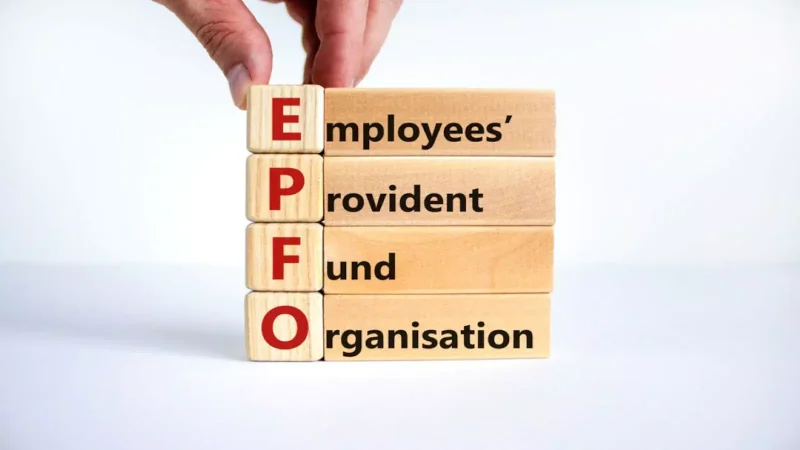
All You Need To Know About EPF Taxation
A part of the Employees Provident Fund(EPF) is being taxed from April 1, 2022. Amid the implementation of new rules, a new section 9D has been added under the Income-tax Rules. Know all about the EPF Taxation in this article.
How Will EPF Taxation Impact You?

It is being said that the new EPF taxation rules will affect those who fall in the higher income groups. The central government is taxing interest on EPF contributions above ₹2.5 lakh per year. It is to be noted that any interest credited to the provident fund account of an employee will be tax-free only for contributions up to 2.5 lakh every year and any interest on an employee’s contribution of more than 2.5 lakh will be taxed in the hands of the employee every year.
One thing that needs to be kept in mind is that only the interest on extra contribution is taxable and the main contribution itself is not taxable. As per Tax expert Balwant Jain, “The excess contribution can not be taxed as the contribution is made by the employee from his salary which already gets taxed. In case the employer does not contribute to the provident fund of the employee then the threshold applicable will be 5 lakh of employee’s contribution.”
Implementation of The New Rule
For the implementation of the new EPF taxation rules, a new section named section 9D has been added to the Income Tax Rules, 1962. The new rule has been implemented after notification from the Central Board of Direct Taxes, an organization that frames policies for the Income Tax department.
Also read,
Aadhaar Card Holders Soon You Can Make Corrections Sitting At Home
Employers provide 12% of the basic salary and the dearness allowance goes to EPF.12% is deducted from the employee’s salary and 8.33% of the employer contribution goes to Employees Pension Scheme (EPS). Provident Funds accounts are mandatory for employees who earn up to 15K per month and are employed in a firm that has more than 20 workers.



